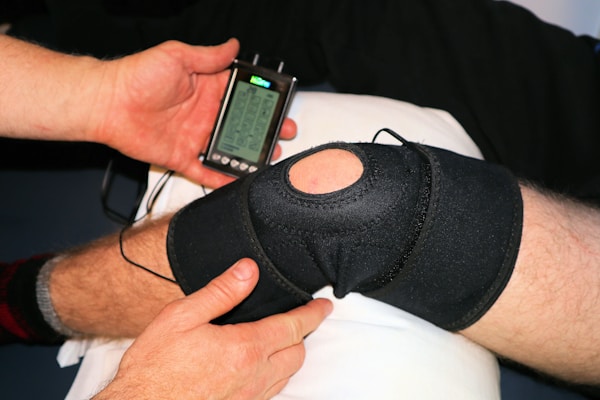Whether you are born with it or acquire it from illness or injury, reconstructive surgery can be a life-changing experience. But did you know that your DNA can actually influence your risk of needing reconstructive surgery? In this article, we’ll explore the latest research and discuss the implications for individuals and their families. Keep reading to learn more, and if you find yourself looking for the best reconstructive plastic surgeons, be sure to check out https://surgeonal.com/!
DNA can influence the risk of deformities.

DNA plays a major role in the risk of deformities that may require reconstructive surgery. It is the genetic material that makes up the human body and its cells, and it is responsible for the functioning of all the organs and systems in the body. Although some deformities are caused by environmental factors, the majority of them are due to an individual’s genetic makeup. For example, some deformities are caused by genetic mutations, while others may be caused by a combination of environmental factors and genetic predispositions. DNA can influence the risk of deformities in a number of ways. For example, certain genetic disorders, such as Down’s syndrome, can cause physical deformities that may require reconstructive surgery. Additionally, some genes may be associated with an increased risk of certain deformities. These genetic predispositions may be inherited from a parent or may occur spontaneously during development. Upload your raw DNA with the DNA upload tool offered by GenomeLink to learn about your genetic health.
DNA can influence oversized physical traits.
DNA is a complex molecule that is responsible for all the physical characteristics of an individual. It is the genetic code that is passed down from one generation to the next and determines the physical traits of an individual. DNA influences large physical traits that may require reconstructive surgery. The physical traits of an individual are determined by their DNA. DNA is made up of a combination of genetic codes that determines the physical characteristics of a person. Variations in the genetic code can lead to certain physical traits. Some of these physical traits can be large in size and require reconstructive surgery to correct. For example, an oversized nose is a common trait among individuals with a variation in their genetic code. It can require rhinoplasty to correct. Another example of oversized physical traits that may require reconstructive surgery is the condition of craniosynostosis. This is a condition where the bones of the skull fuse prematurely, resulting in an abnormally shaped skull. This can be quite large in size and require reconstructive surgery to correct. The reconstructive surgery involves separating the fused bones and reshaping the skull to a more normal appearance.
DNA can influence one’s propensity to injuries.

DNA is an important factor when it comes to the likelihood of someone suffering from an injury that may require reconstructive surgery. While there are many environmental and lifestyle factors that can increase the risk of an injury, one’s genetic makeup can also play an important role. When it comes to injuries that require reconstructive surgery, the most important genetic factor is collagen. Collagen is the main structural protein found in the body, and it serves to support the skin, bones, and muscles. Collagen is made up of three different types of molecules, known as Type I, Type II, and Type III. Each of these molecules has different properties and functions, and they all need to be present in the right amounts in order to ensure proper tissue integrity.
Overall, DNA can have a major influence on an individual’s risk of needing reconstructive surgery. It is important to be aware of any potential genetic predispositions that could lead to a higher risk of needing reconstructive surgery and to take the necessary steps to mitigate that risk.




